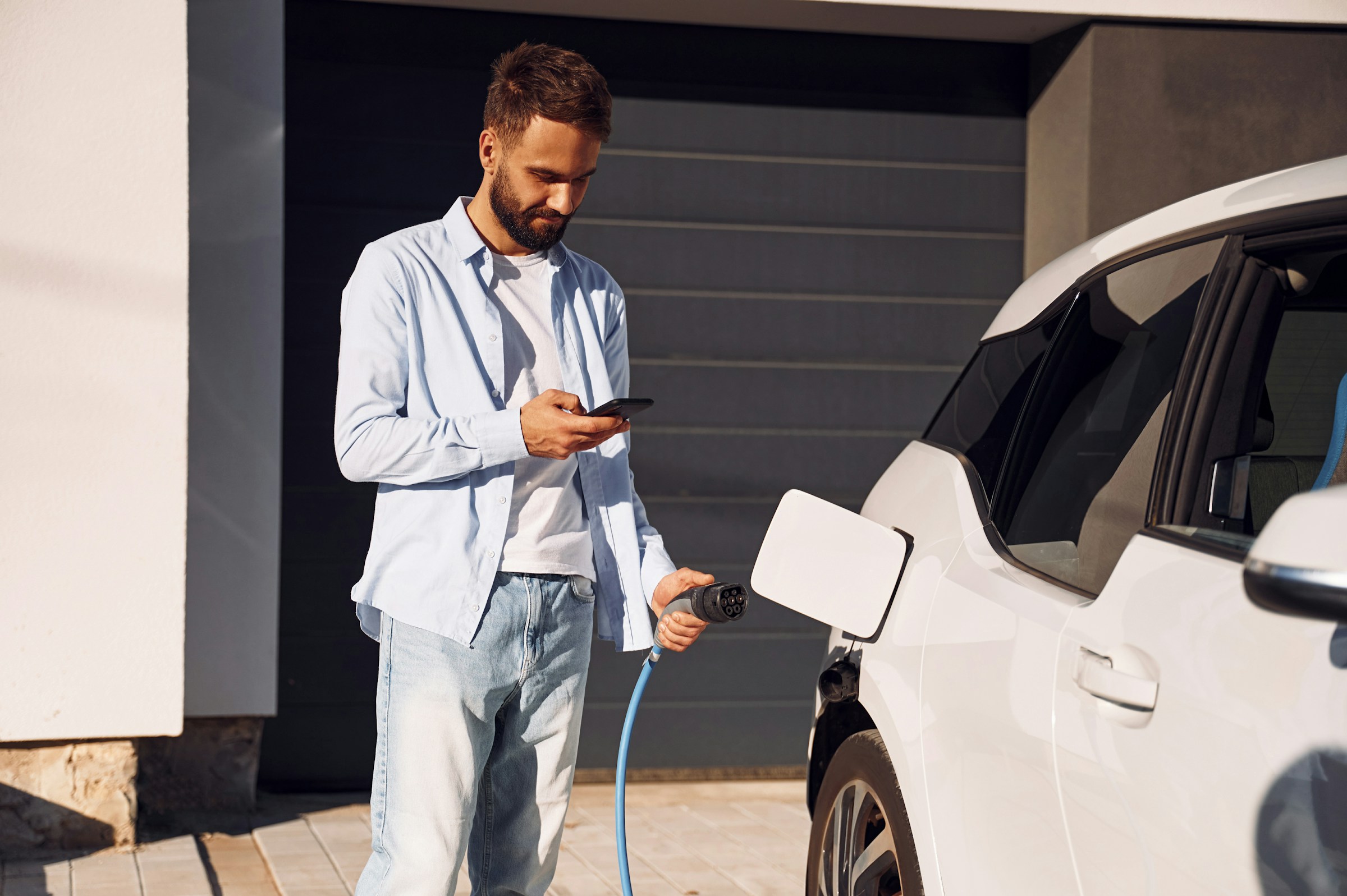Electric vehicles are changing the auto industry with their clean energy profiles and advanced technology. Many consumers consider EVs as more reliable and low maintenance. However, you may wonder what happens when your electric car turns out to be defective. When this happens, the promise of efficiency falls short and your car might be making repeated trips to the service center.

Lemon Laws Apply Equally to EVs
State and federal lemon laws apply equally to both electric and fuel-operated vehicles. If a vehicle is under warranty and develops a substantial defect that affects its safety, value, or usability. If the issue cannot be resolved after a reasonable number of repair attempts, it may legally be considered a lemon.
This applies whether you’re driving a high-end EV or a more economical model. Even luxury electric vehicles qualify for the same protections. The legal framework does not change because of price point, drivetrain, or manufacturer.
Common EV-Specific Defects
Some issues that EVs can develop include the following:
Battery and Charging Issues
Battery-related failures are serious and costly problems in EVs. These can include:
- Vehicle failing to hold a charge
- Rapid battery degradation
- Thermal incidents
While EVs come with long battery warranties, it’s important to note that batteries are not always covered under state lemon laws. This is especially the case if their warranties are treated separately from the main vehicle warranty.
Software Glitches and Over-the-Air Updates
Electric vehicles are as much software platforms as they are transportation machines. From battery management systems to autonomous driving features and infotainment systems, bugs can impair driving performance and even safety. Manufacturers frequently deploy OTA updates to remove bugs. If the problems persist or become worse, the vehicle could still be legally declared a lemon.
Repair Delays Due to Specialized Parts and Labor
Electric cars trained technicians for repairs. If a failed module or battery cell needs replacement, the part may be backordered for weeks or even months. Long service delays can significantly contribute to your eligibility under lemon law. In such cases, consulting a California lemon law attorney or a similar specialist in your jurisdiction can help you out.
How to Know If Your EV Is a Lemon
A vehicle is labeled lemon when a defect significantly affects its performance. Legal standards generally require that the issue remain unresolved after multiple repair attempts, or that the vehicle is rendered unusable for 30 or more cumulative days. These criteria are central to lemon law qualification. Regardless of its operation on gasoline or electricity.


Practical Steps for EV Owners
If your EV is showing signs of a persistent defect, documentation is your most important tool. Keep detailed records of the problem. This includes dates of occurrence, service visits, diagnostic reports, and most of all OTA updates that were used but did not eliminate the problem. Always communicate in writing. Begin by mailing a certified letter to your dealer as well as your manufacturer detailing the problem and demanding a resolution.
Review your vehicle agreements carefully before accepting any offer in a hurry. Automakers may propose repurchase, replacement, or repair. However, the terms can vary, and may contain waivers that restrict future legal action. Legal consultation is highly recommended before arbitration or settlement. Lemon law attorneys can advise on buyback offers, vehicle replacements, or potential litigation paths.
Endnote
EVs may be the future of mobility, they are not free from mechanical or technological defects. When your electric car consistently underperforms, lemon law protections can offer a path to resolution.
Article Last Updated: July 18, 2025.


